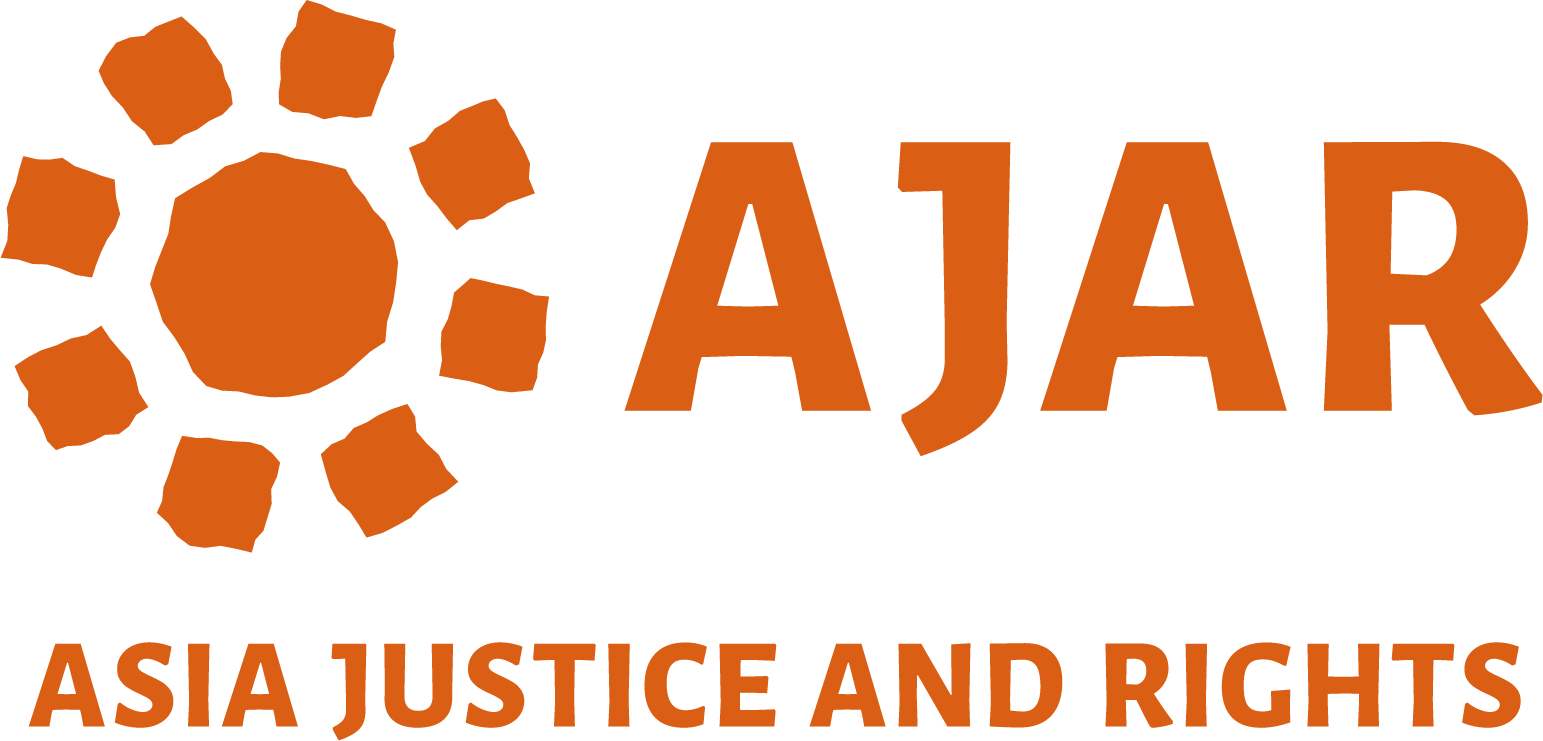Under authoritarian rule or during conflict, the police, military, and intelligence agencies, as well as non-state security actors (i.e. armed rebel groups), are often responsible for serious and systemic human rights violations. Reform of the security sector is often essential in transitional contexts to prevent recurrence of abuse, and to provide effective and accountable security to communities.
In post-authoritarian societies, it may be possible to reform abusive institutions, whereas in societies that have sustained intense conflict it may be necessary to entirely rebuild institutions. The following are often key elements of effective security sector reform:
- Removal (lustration) of personnel who supported a prior oppressive or authoritarian regime.
- Thorough vetting of future personnel.
- Disarmament, demobilisation, and reintegration (DDR) of former combatants.
- Revision of policies (e.g. codes of conduct, policies regarding the treatment of detained individuals) that allowed security agents to engage in abusive practices.
- Inclusion of marginalised groups within the security sector.
